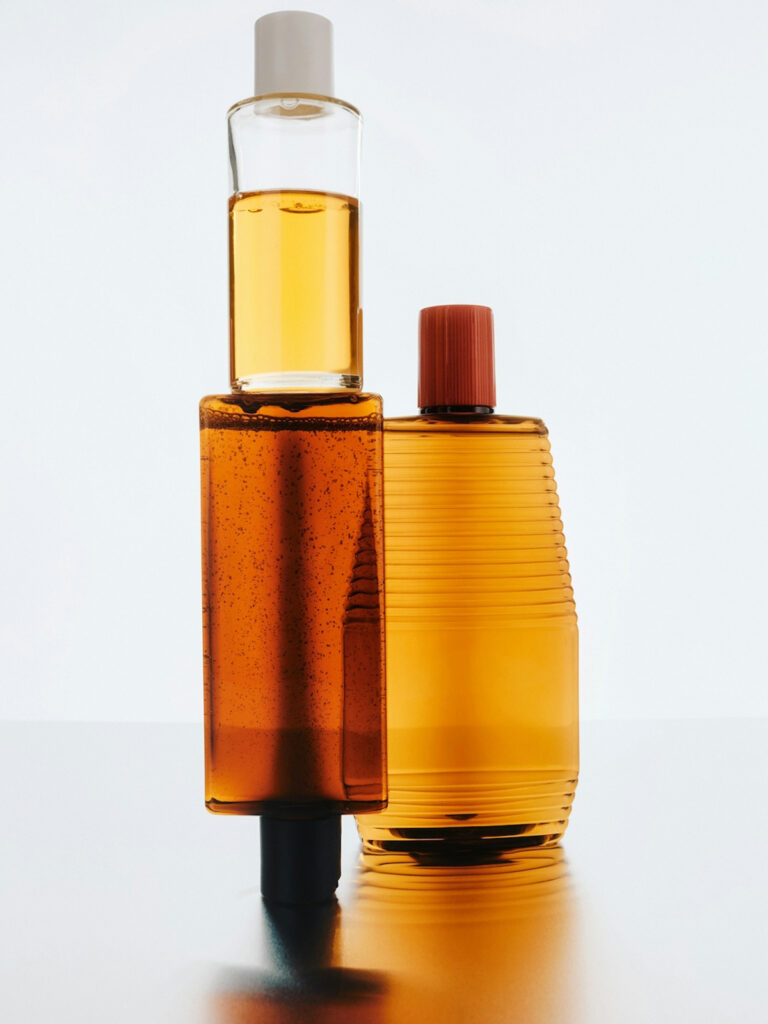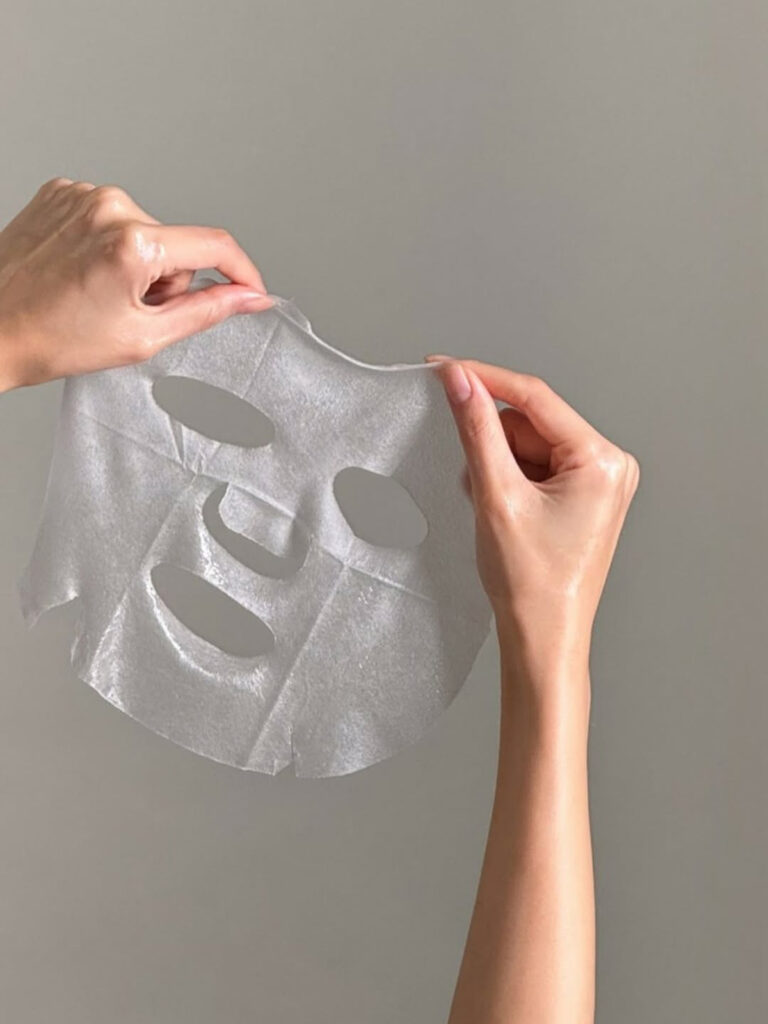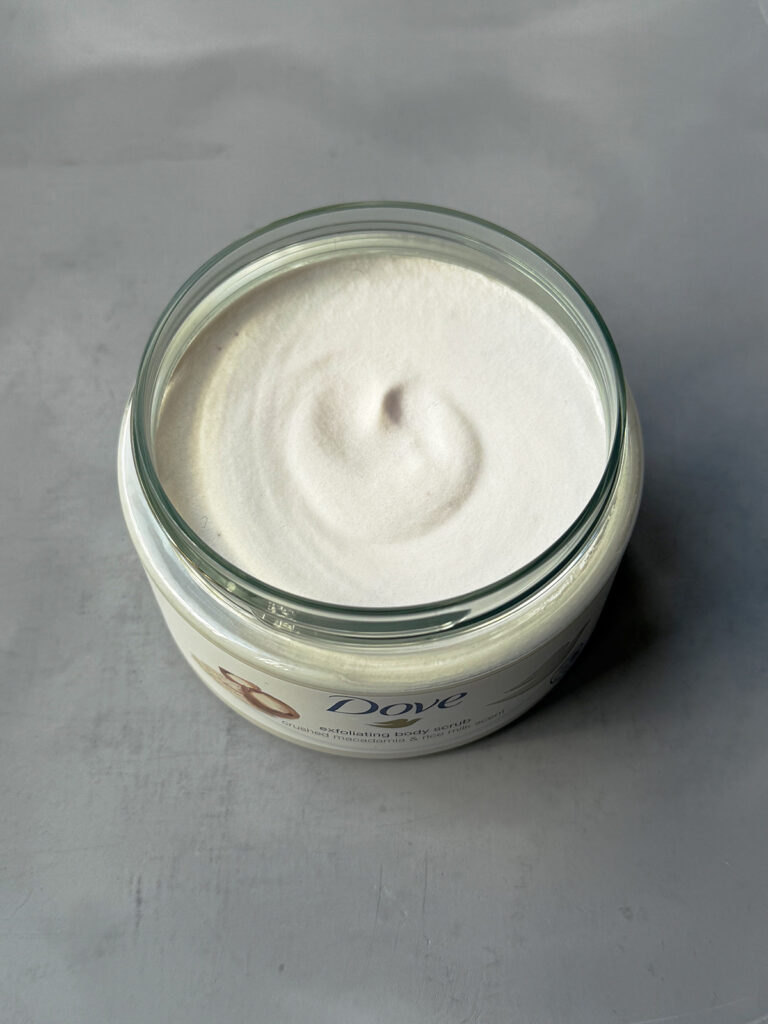
Image: AI generated
Body
Are Collagen Supplements Actually Worth the Hype?
Collagen supplements have gained quite a following with promises of glowing skin and stronger bones. But do they really deliver? Let’s take a closer look.
Text Seda Yılmaz
A quick search on collagen supplements floods you with claims about staying youthful and looking younger. It’s no surprise, given how beauty is often tied to youth. But here’s the thing—there’s no magic potion to stop aging. Everyone ages, and with that comes natural changes to our skin and body. Wanting to slow those changes down is entirely understandable. Lately, collagen supplements have been hailed as a miracle for aging. But do they actually work? That’s up for debate. As someone who has taken collagen supplements in both powder and pill form, I thought it was time to dig deeper.
Collagen, the most abundant protein in the body, consists of amino acids and accounts for about 70-80% of your skin. That high percentage might help explain why this protein gets so much attention when it comes to skincare. Along with another protein called elastin, collagen is what keeps your skin bouncy and firm. As you age, your body produces less of it—and time isn’t the only culprit. Factors like pollution, smoking, excessive sugar intake, and too much sun exposure can also take a toll. Since collagen is also found in your bones, muscles, and cartilage, it’s essential for joint and bone health, too.
Types of Collagen and Their Benefits
Out of the 28 types of collagen in the body, the first three are the most common and hardworking. That’s why when you see collagen supplements, you’ll often see Types 1, 2, and 3 on the label. Type 1 is the most common in your skin, but it’s also found in your bones, tendons, and ligaments. Type 2 plays a role in joint health, while Type 3 supports connective tissues and works with Type 2 to strengthen the connective tissues. Type 1 and Type 3 are usually recommended for skin, hair, and bones.
So, do collagen supplements live up to the hype? Celebrities like Gwyneth Paltrow and Salma Hayek can’t stop raving about bone broth, and Kate Hudson and Jennifer Aniston are practically collagen evangelists. With influencers and celebs hyping it up across social media, it’s easy to get swept up in the trend.
But, just so we’re clear—when you drink bone broth, the collagen doesn’t magically rush to your skin and bones to fix everything. Instead, your body breaks down the collagen into amino acids, which then help build tissues. Bone broth offers its own benefits, like reducing inflammation, boosting your immune system, and easing joint pain. As for collagen supplements, they contain shorter chains of amino acids, so they’re absorbed into the bloodstream more quickly. However, it’s unclear how much of that actually reaches the organs in need. While some studies show collagen supplements help improve skin elasticity and ease joint pain, most of them were funded by the companies that make them.
As for me, I took collagen pills for my aching knee on my doctor’s advice and used powder collagen for my skin. And here I am, sipping bone broth as I write this. My doctor also told me to pair collagen with magnesium and do resistance training. After a while, I said goodbye to my knee pain. And the powder? It noticeably improved the hydration of my skin.
It’s always a good idea to check with your doctor first if you’re considering collagen supplements. Look for hydrolyzed collagen (aka collagen peptides), as it’s broken down into peptides, making it easier for your body to absorb. The good news? These supplements have virtually no side effects, which means they’re worth giving a shot!


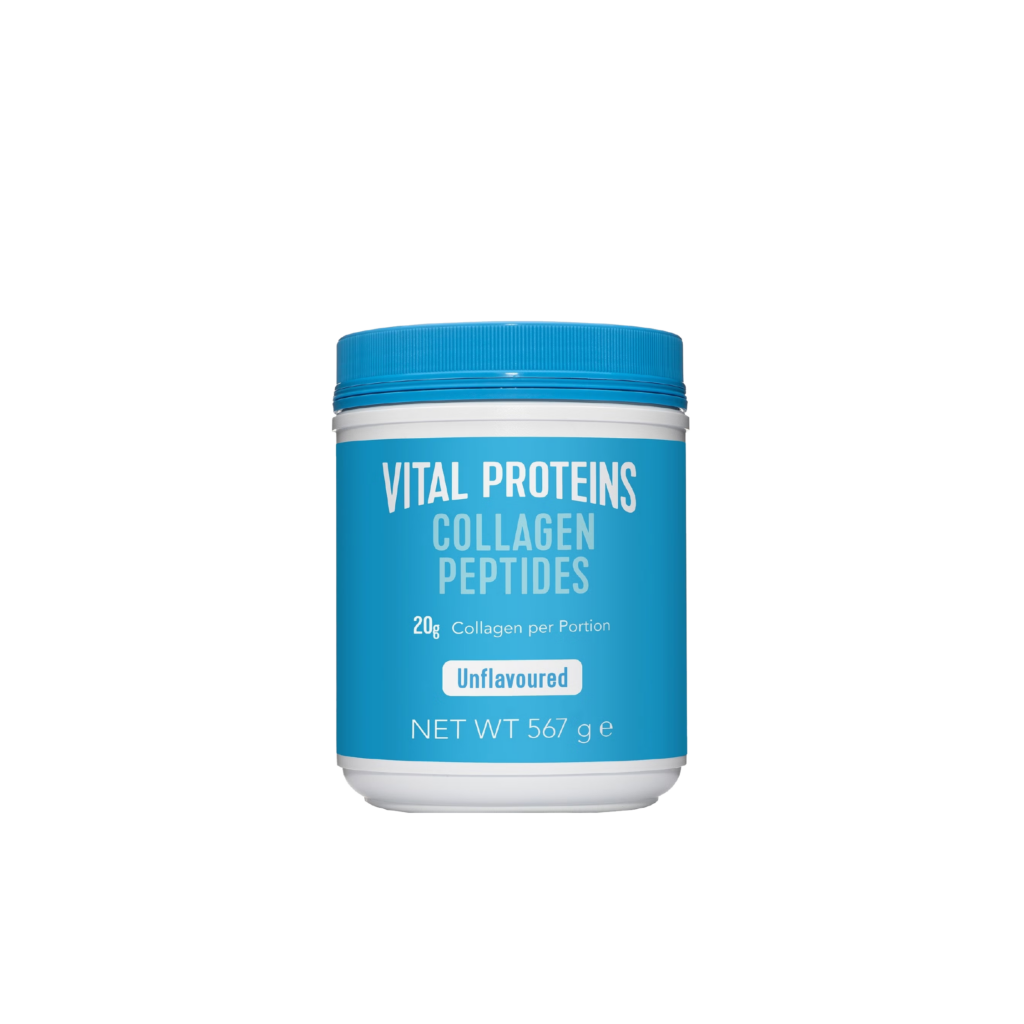
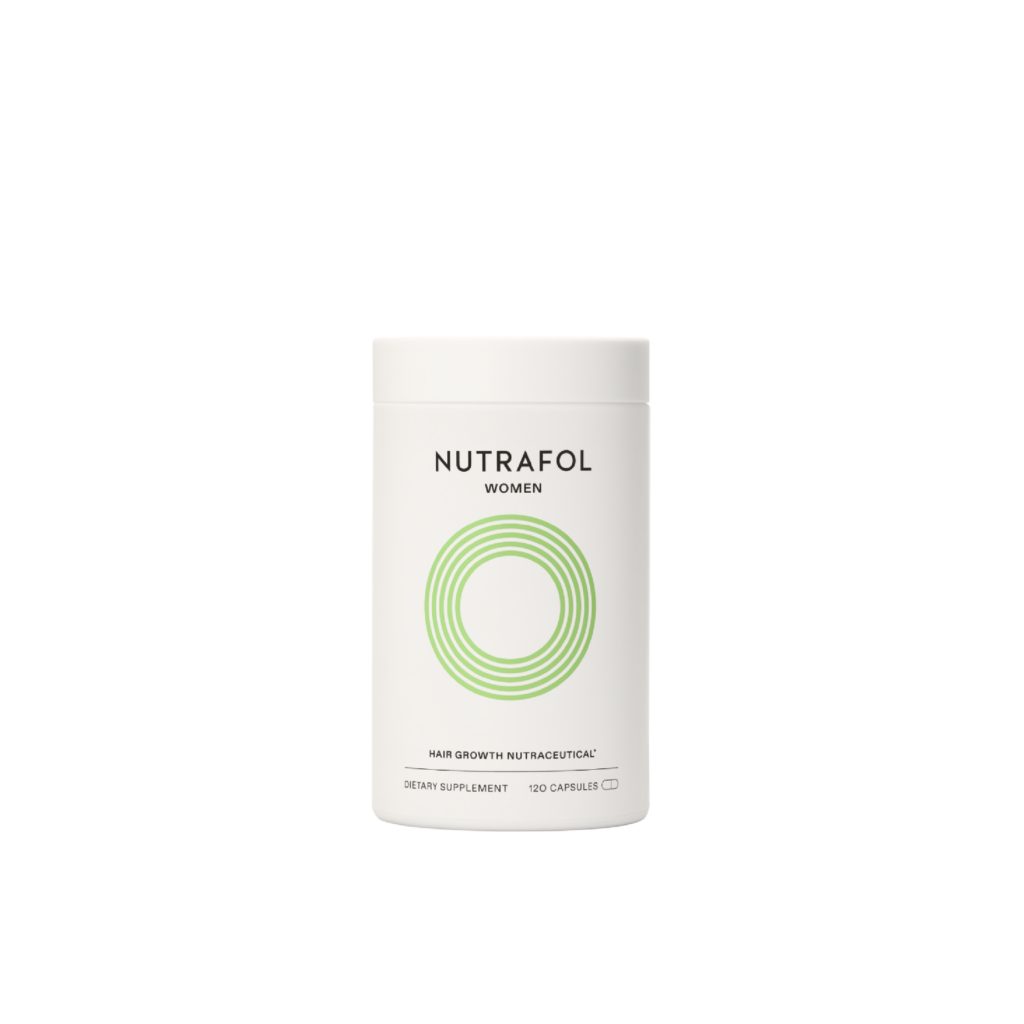
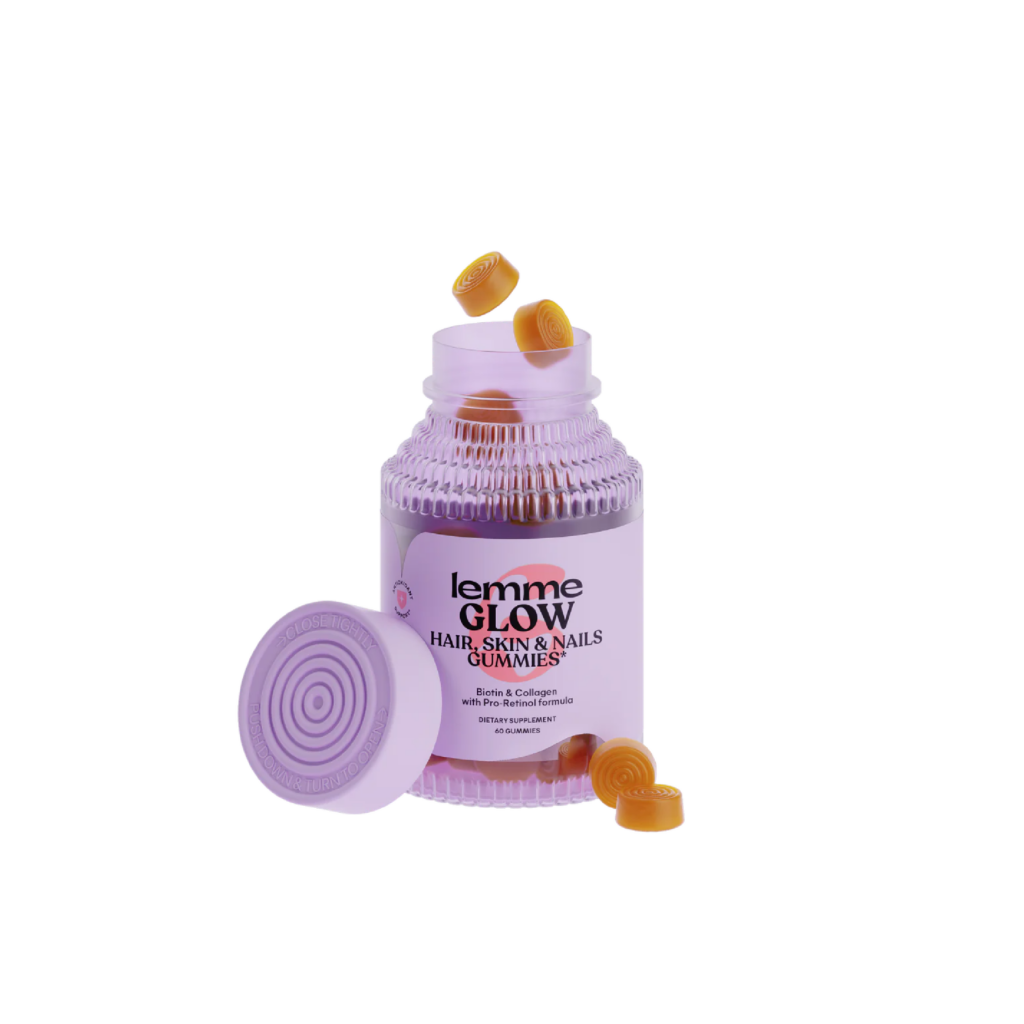
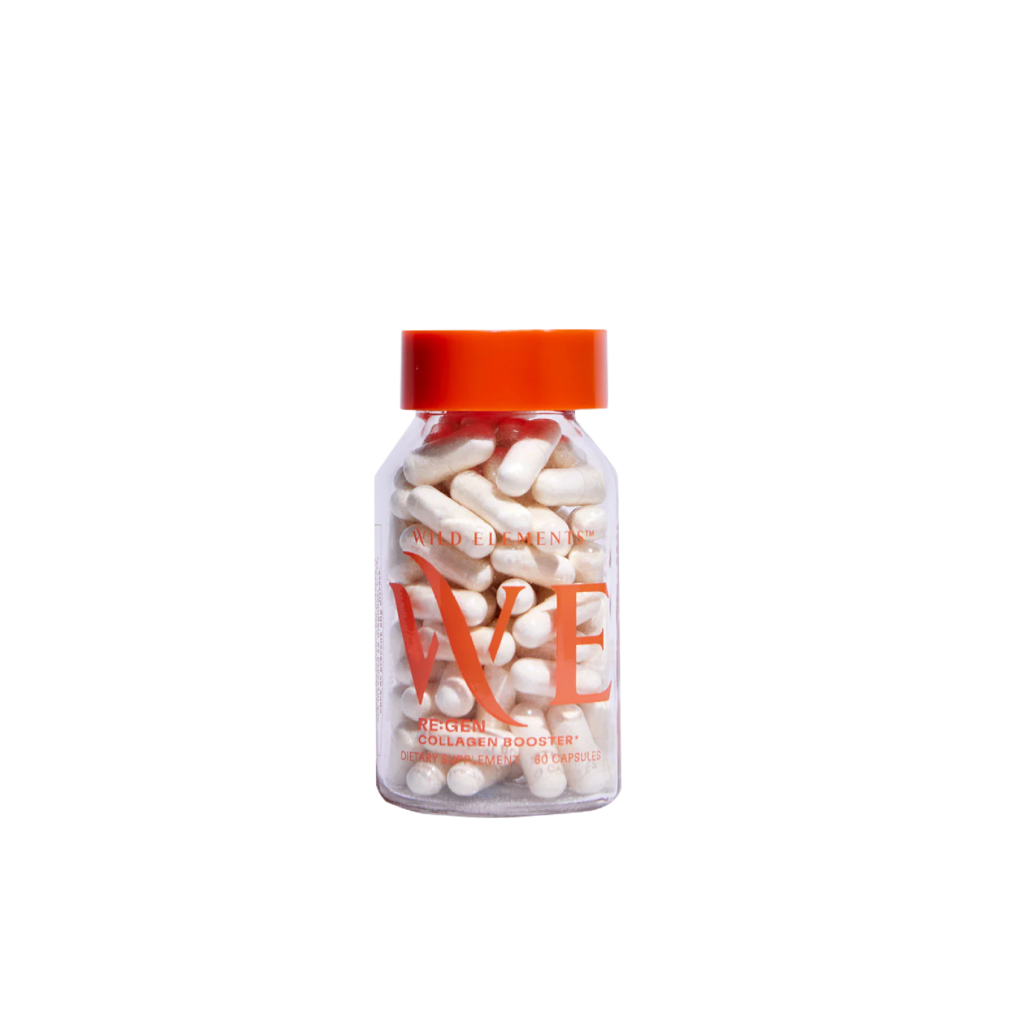
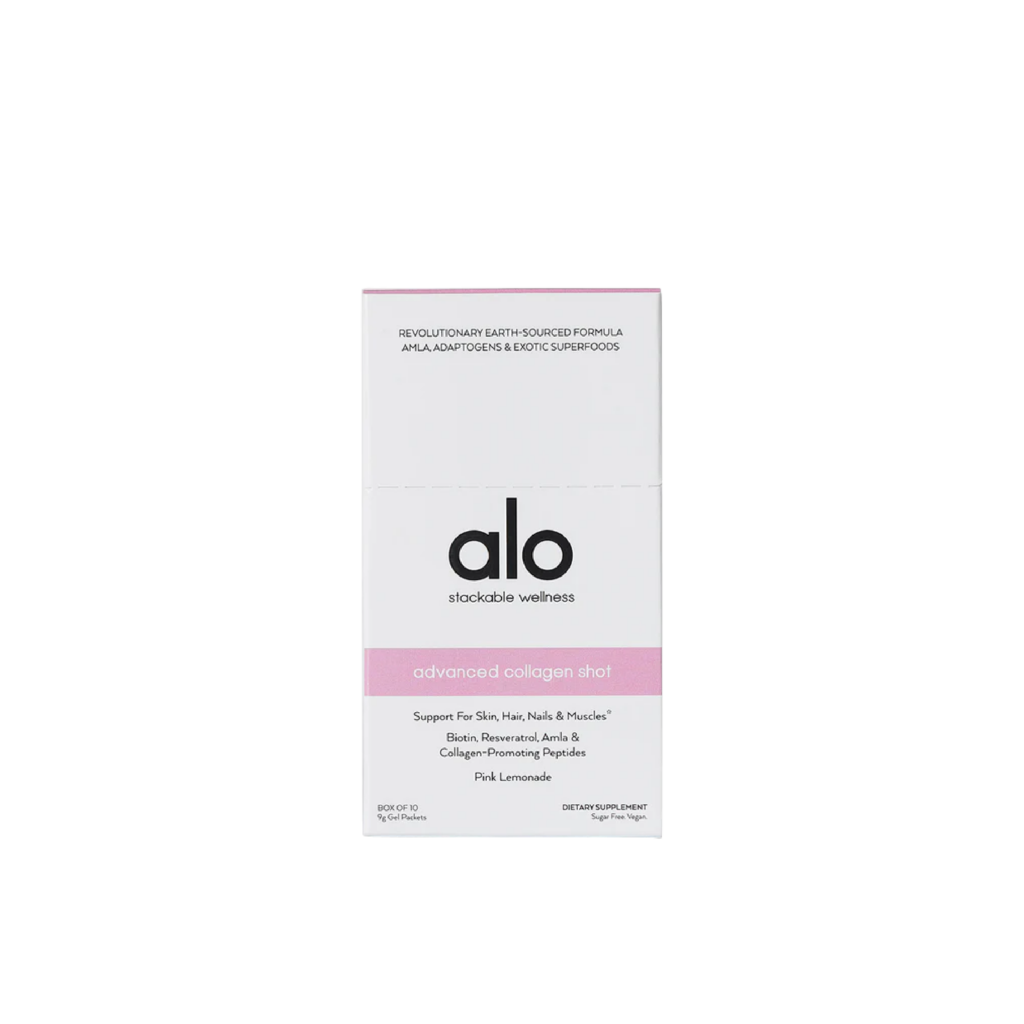
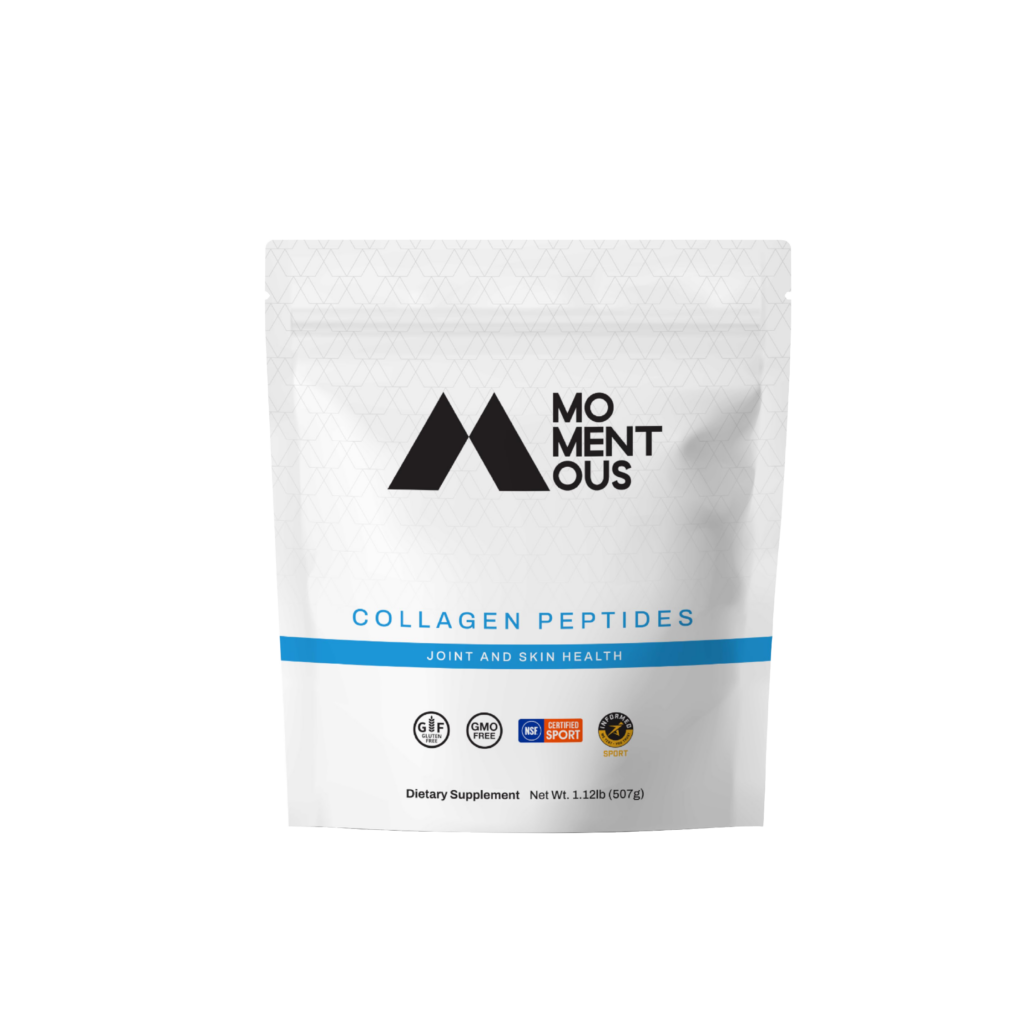
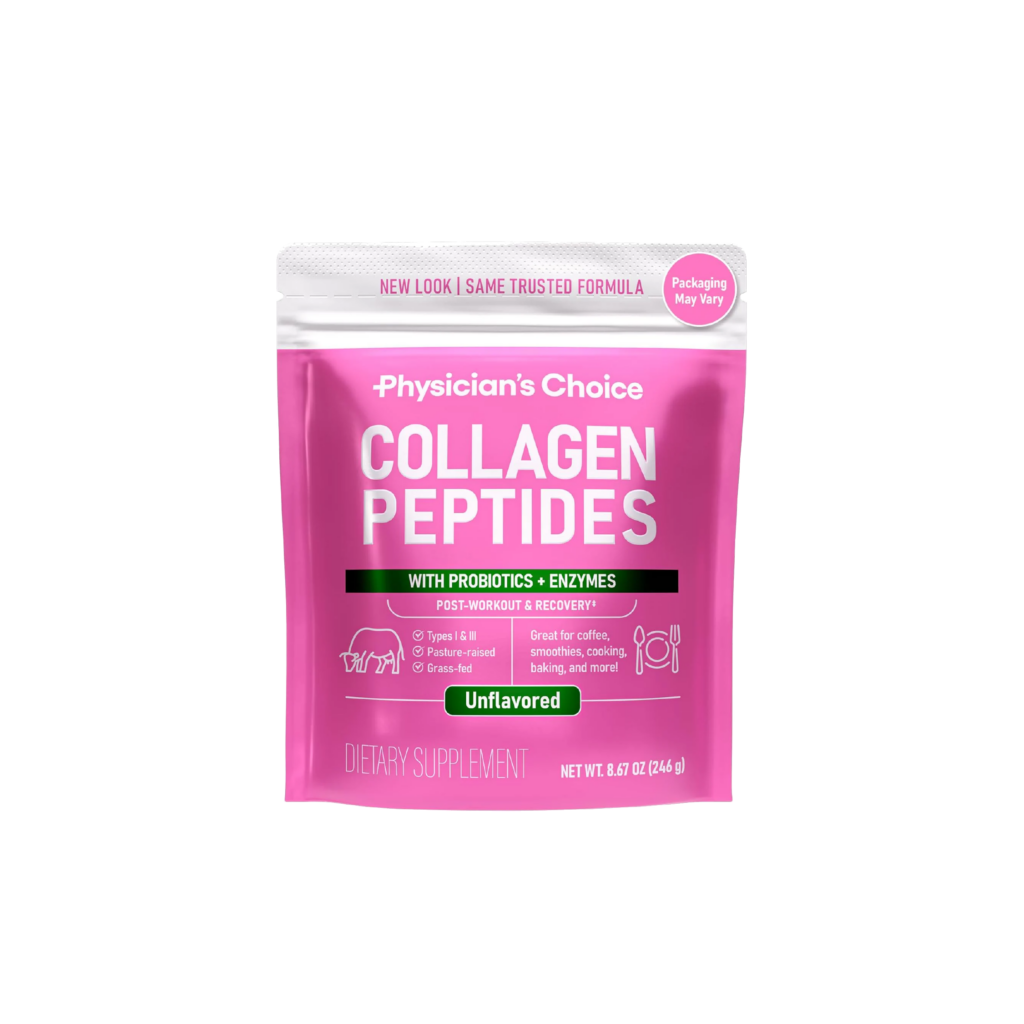
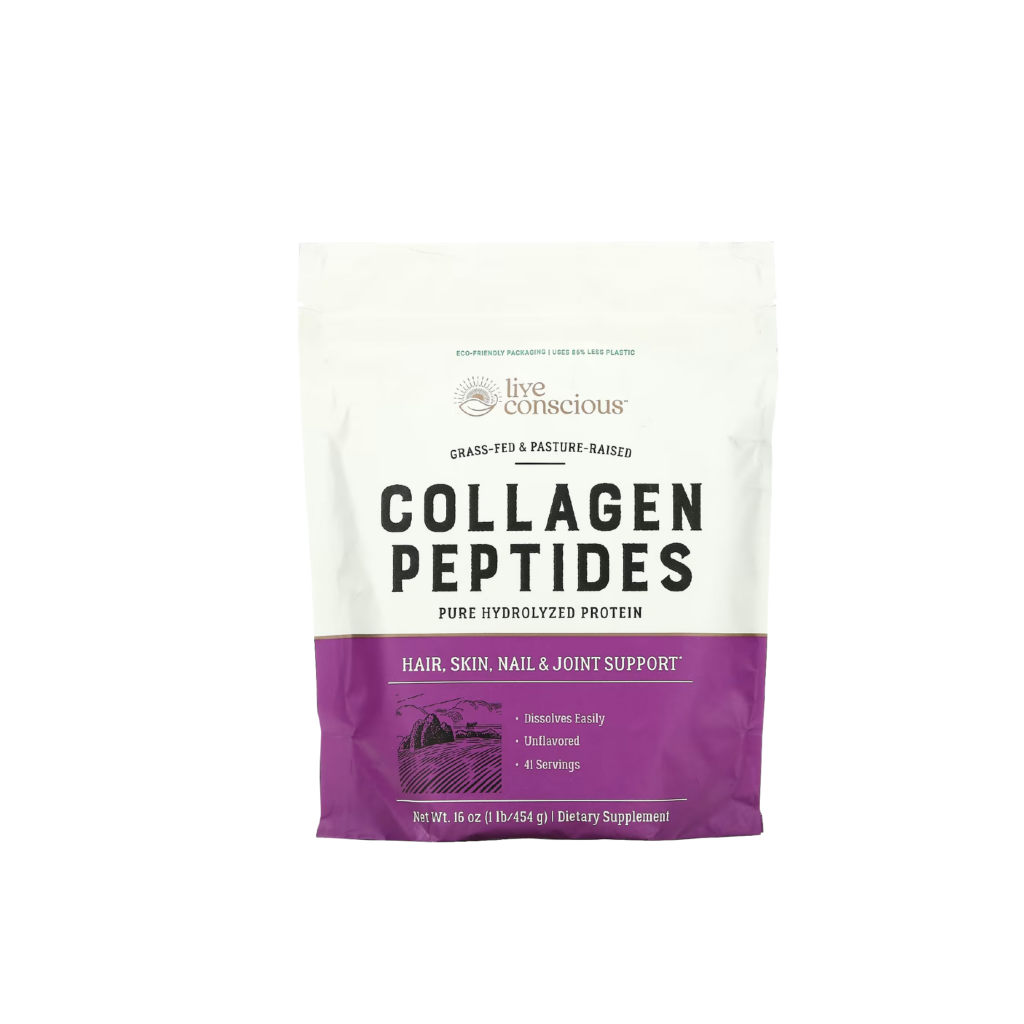
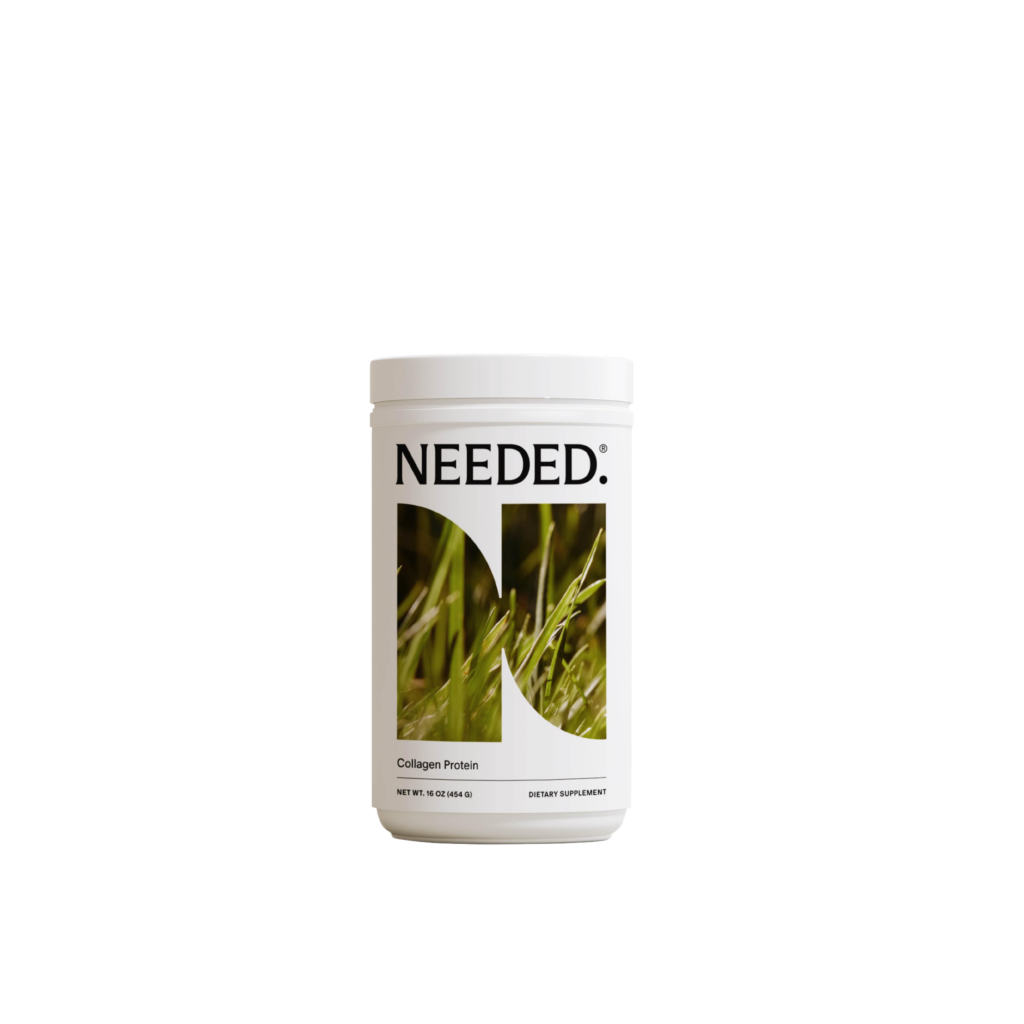
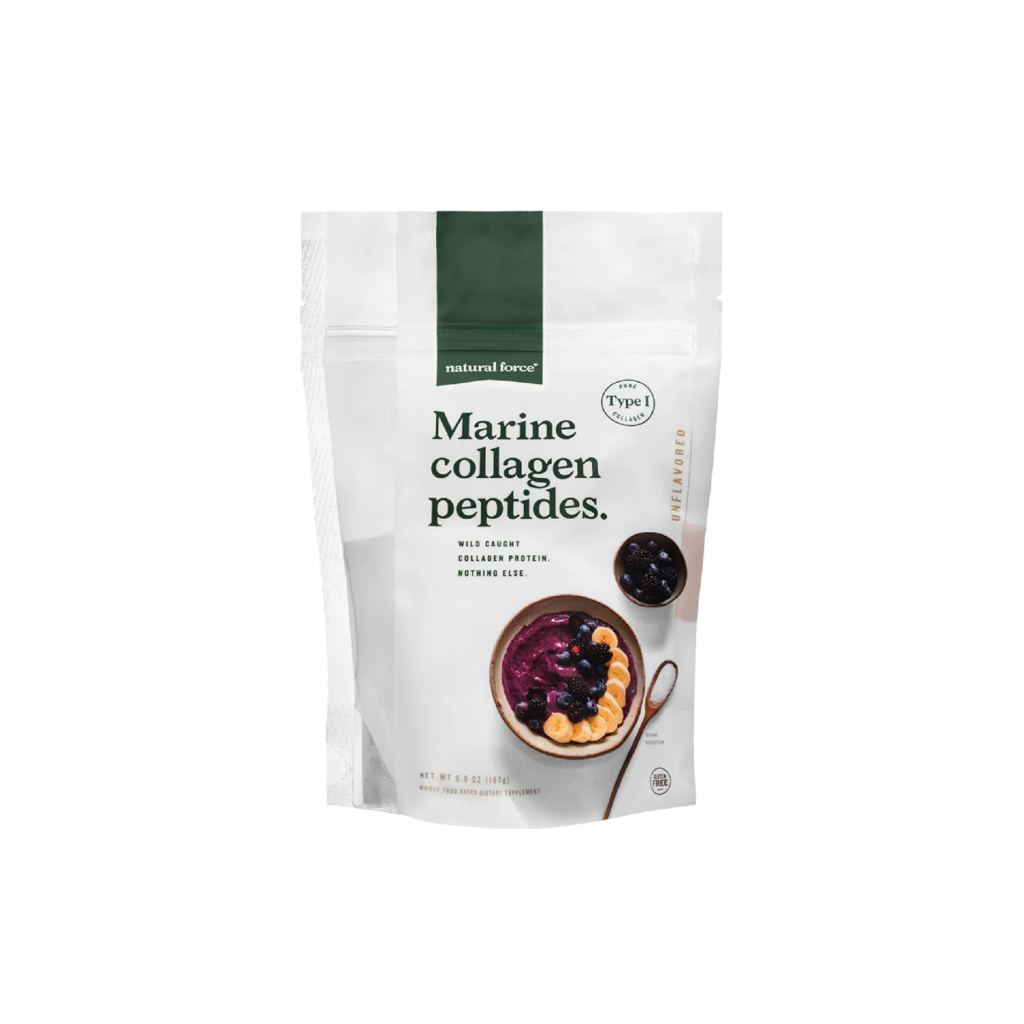
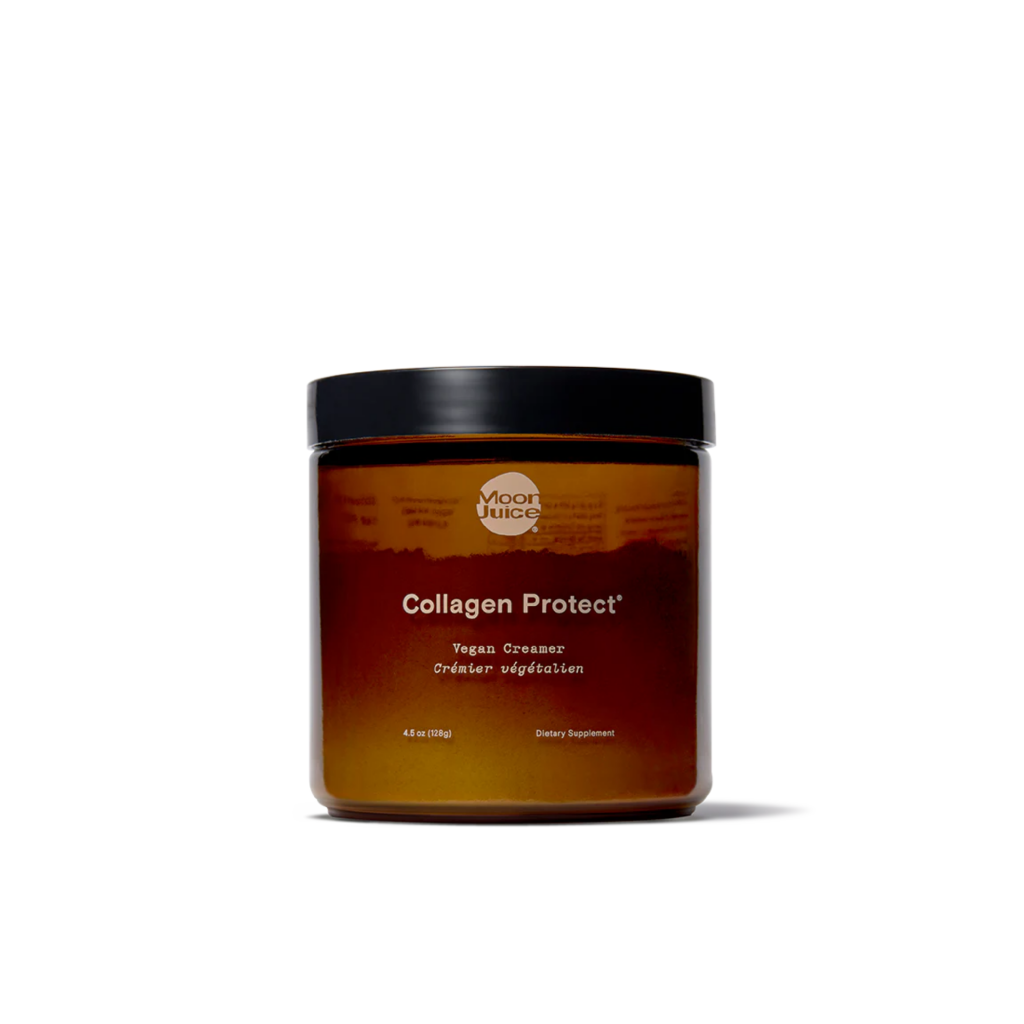
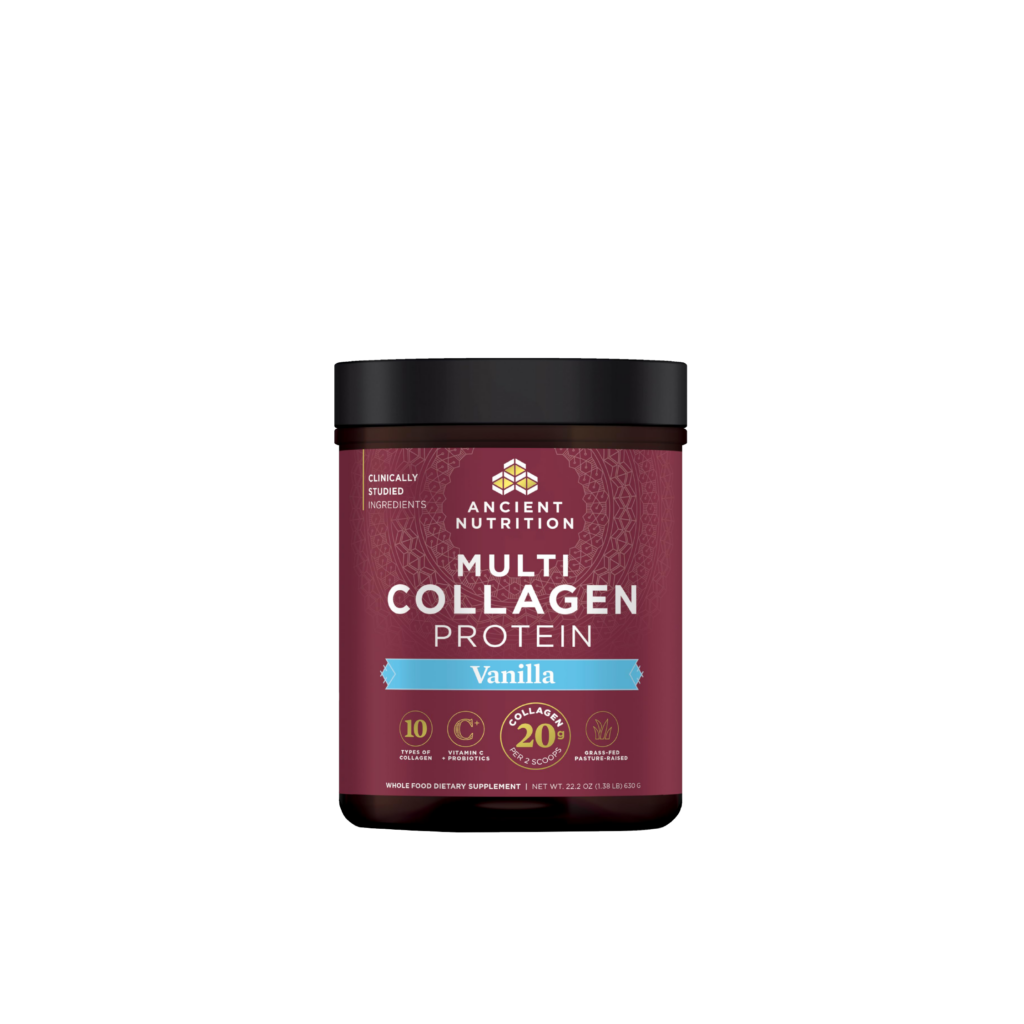
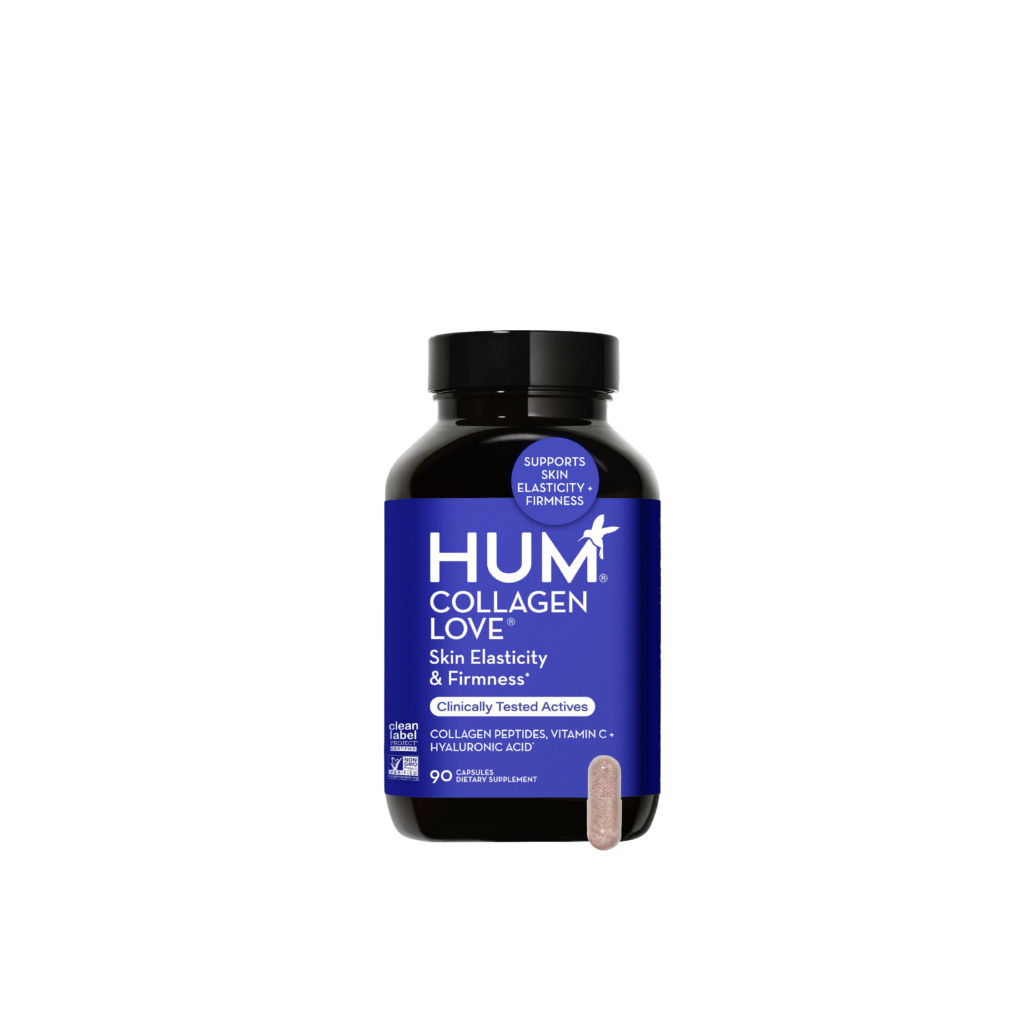
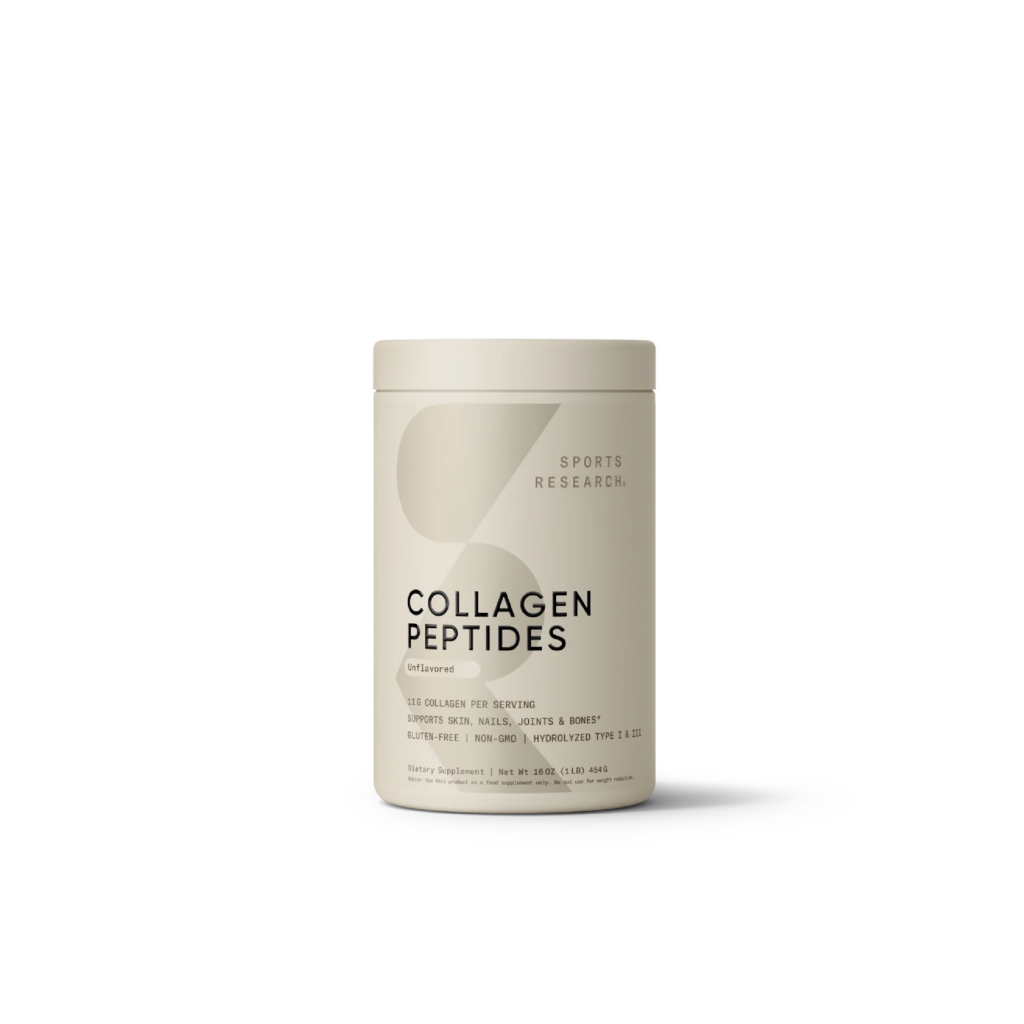
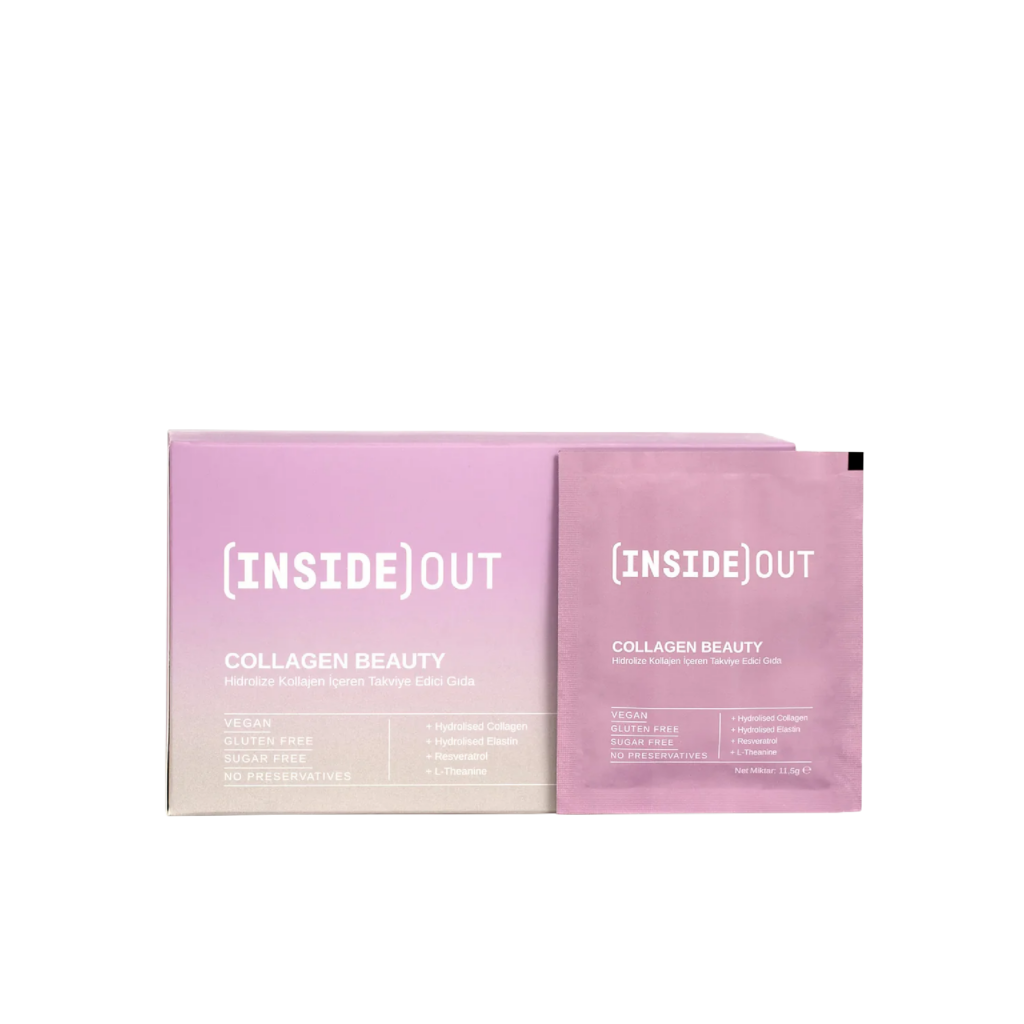
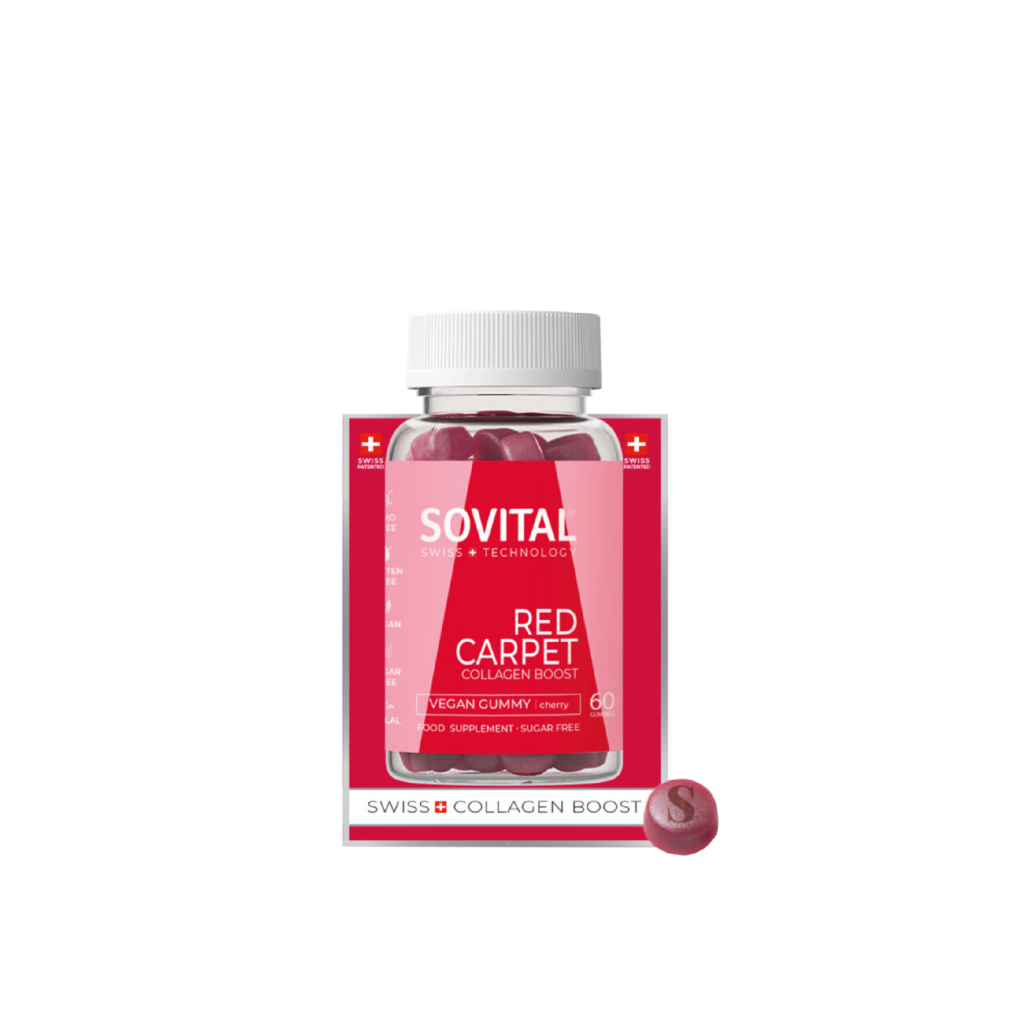
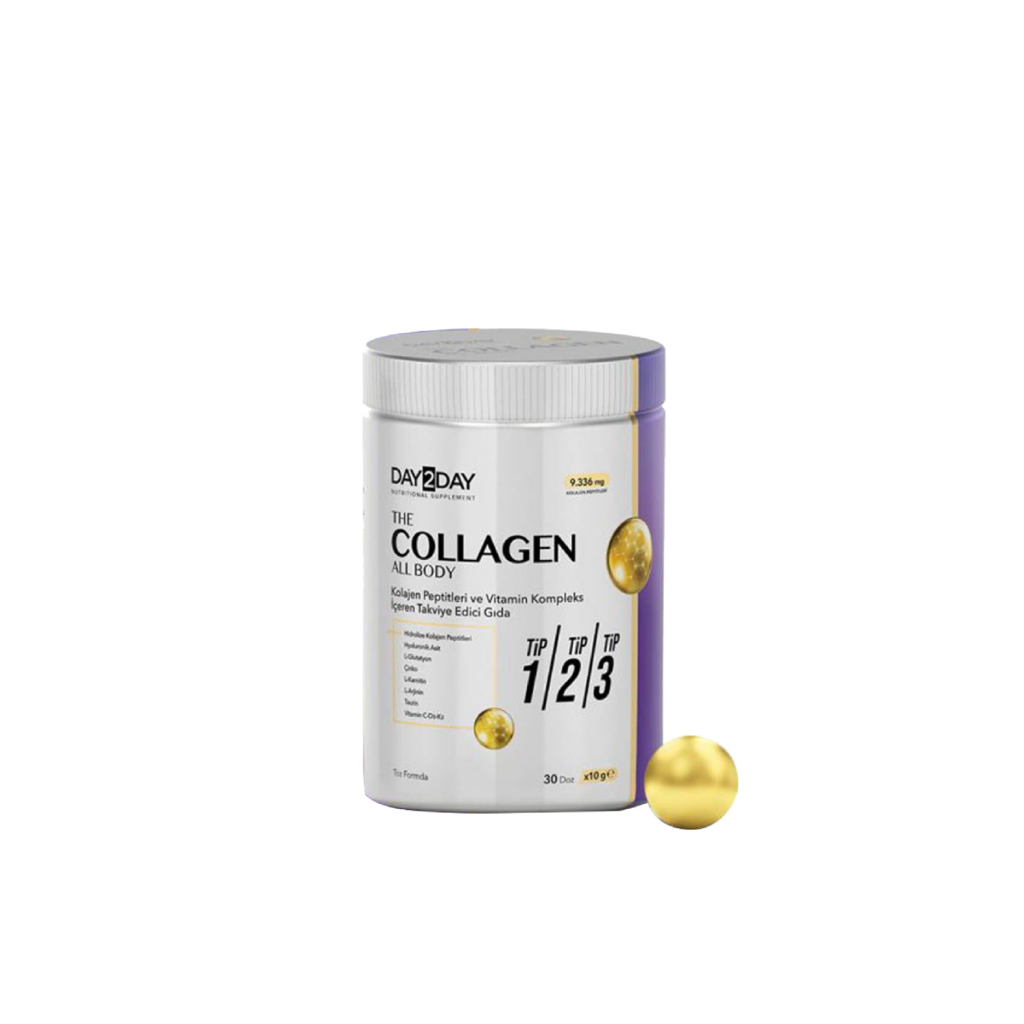
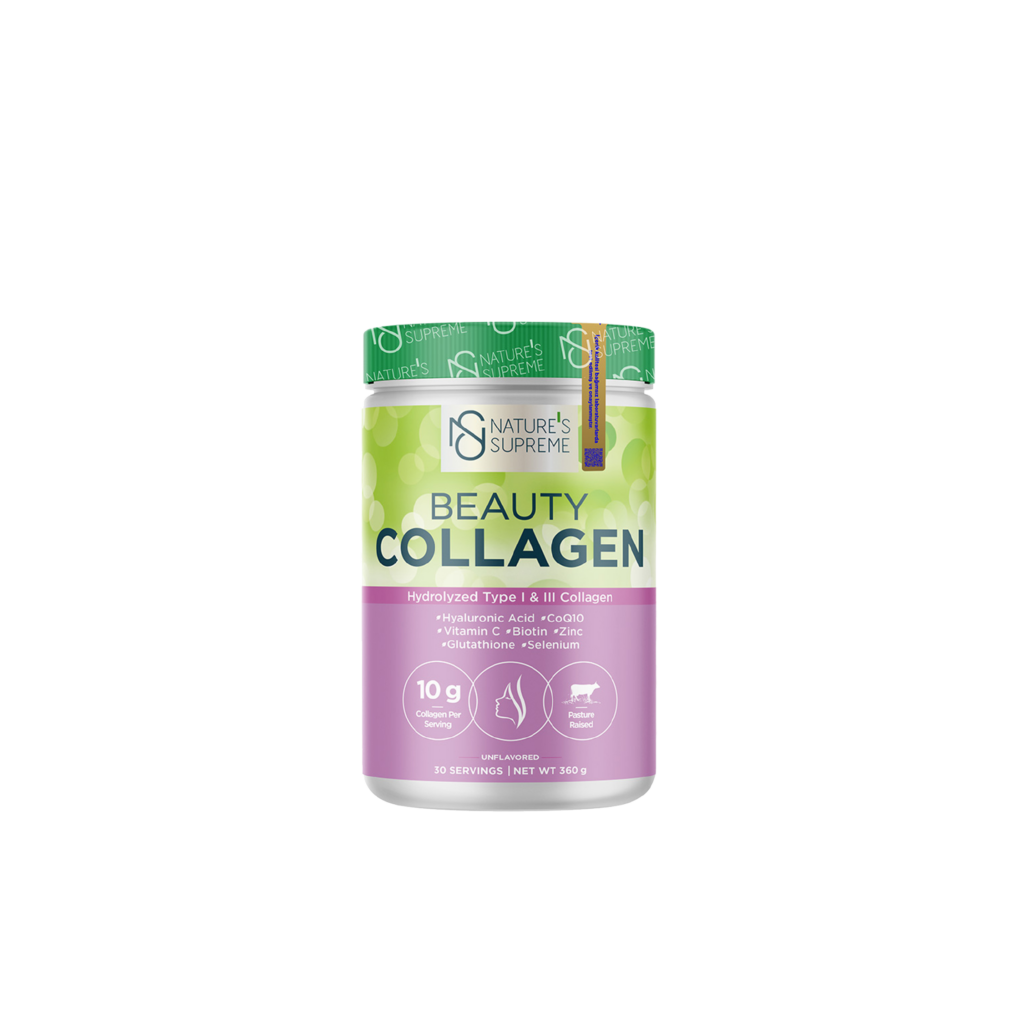
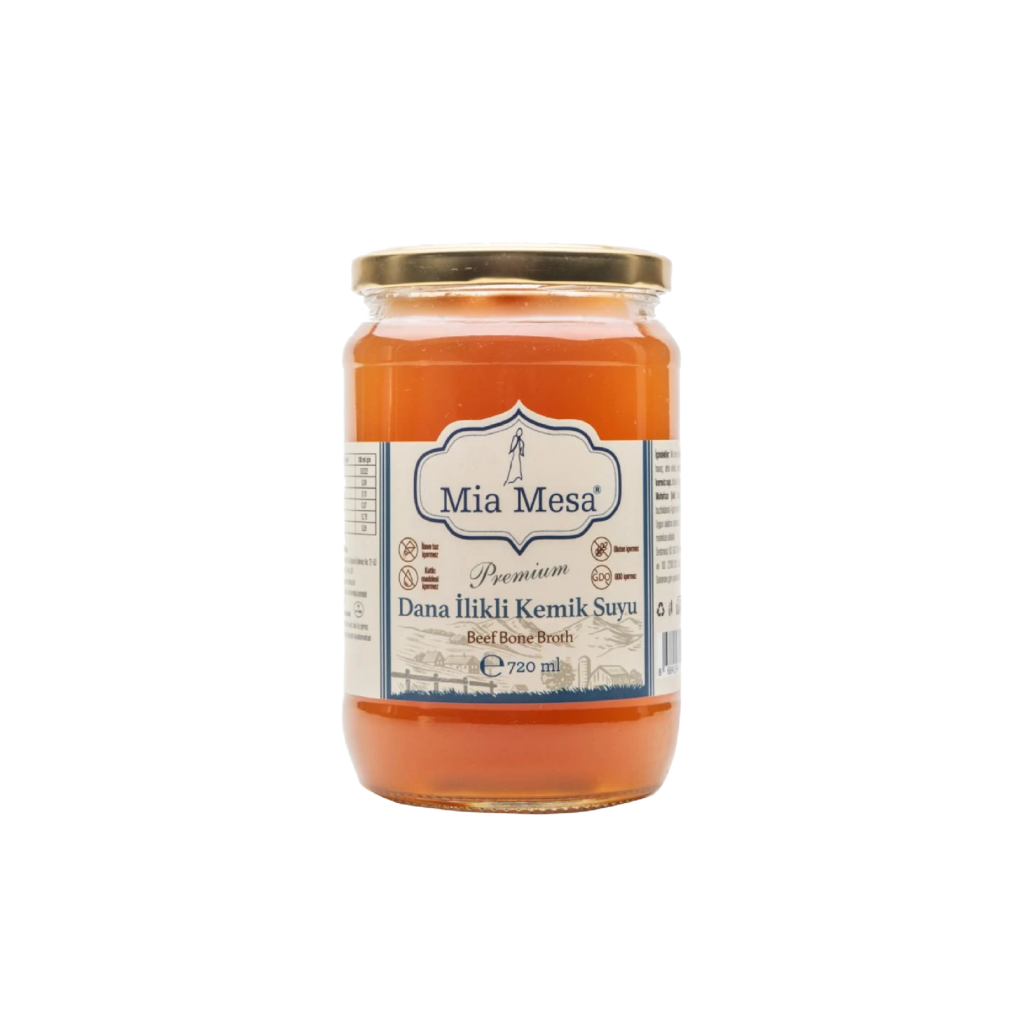
 Previous
Previous
